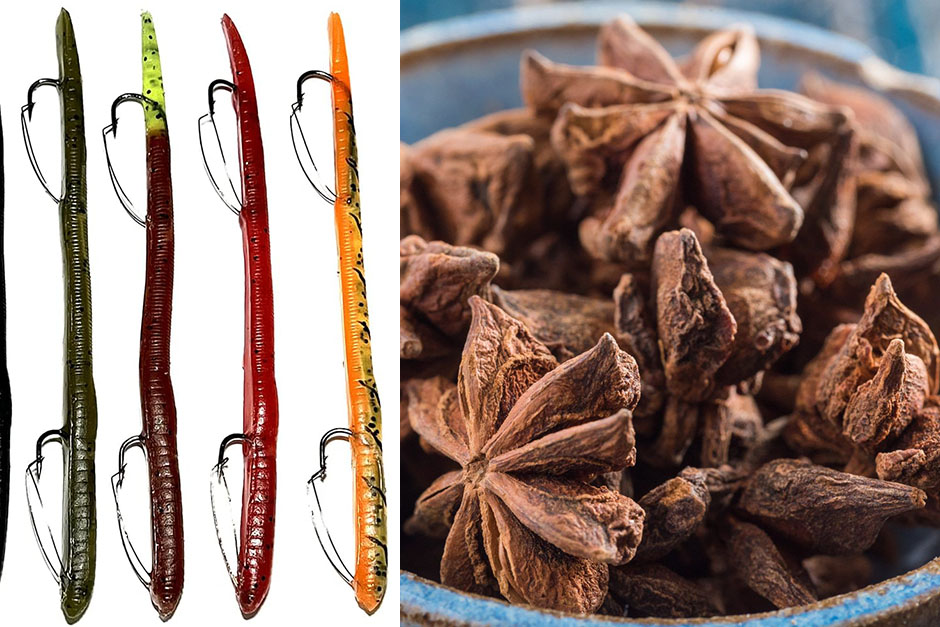
The use of anise scent in fishing is a tradition steeped in history, dating back centuries and spanning cultures around the world. From ancient civilizations to modern-day anglers, the enticing aroma of anise has been hailed as a secret weapon for attracting fish. In this blog post, we’ll delve into the rich tapestry of anise-scented fishing, exploring its origins, scientific underpinnings, and notable contributions to angling history.
The allure of anise scent in fishing can be traced back to ancient civilizations, where natural ingredients like herbs and spices were employed to enhance bait effectiveness. Anise, with its distinct licorice-like fragrance, was found to be particularly enticing to fish, especially in freshwater environments. However, it’s worth noting that in regions like New Zealand, the use of anise-scented baits for trout fishing is illegal due to regulations aimed at preserving the integrity of native fish populations.
Throughout history, anglers have incorporated anise scent into their fishing techniques in various ways. From soaking baits in anise oil to using anise-scented attractants, the practice has evolved. In the 1950s, Delong Lures made a groundbreaking contribution to angling history by introducing the first commercially available anise-scented soft plastic lure. This innovative creation revolutionized fishing tackle and opened new possibilities for anglers worldwide.
The effectiveness of anise scent in attracting fish lies in its chemical composition and the fish’s highly developed sense of smell. Anise contains compounds like anethole, which mimic natural prey or food sources for fish, triggering their feeding response. Additionally, it can mask human odors and other unnatural scents, making fishing baits more appealing to wary fish. These factors contribute to the success of anise-scented fishing baits and lures in enticing fish and increasing catch rates.
Anise scent not only attracts fish but also influences their behavior in various ways. Some anglers believe that anise can stimulate fish aggression, leading to more aggressive strikes and increased catch rates. Additionally, the calming effect of anise scent on fish has been observed, particularly in high-pressure fishing environments where fish may be more cautious.
The historical and scientific significance of anise scent in fishing underscores its enduring appeal and effectiveness as a fishing attractant. From ancient civilizations to modern innovations by companies like Delong Lures, anise-scented fishing baits, and lures have left an indelible mark on angling history. By understanding its origins, mechanisms, and contributions to fishing, anglers can harness the power of anise scent to their advantage and enjoy greater success on the water.
Email:
Sales@delonglures.com
Phone:
234 -788-9308
Address:
2381 Locust St
Canal Fulton, Ohio 44614